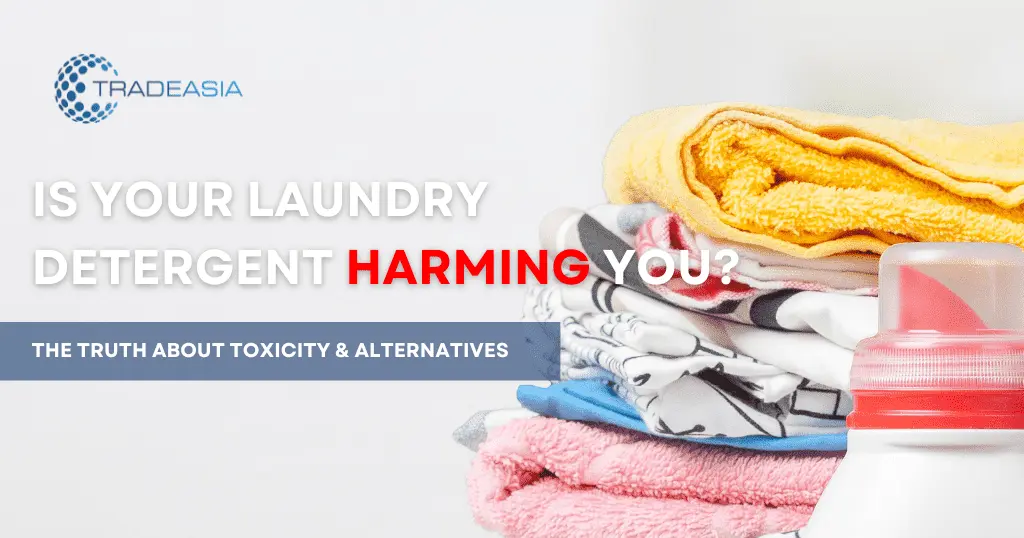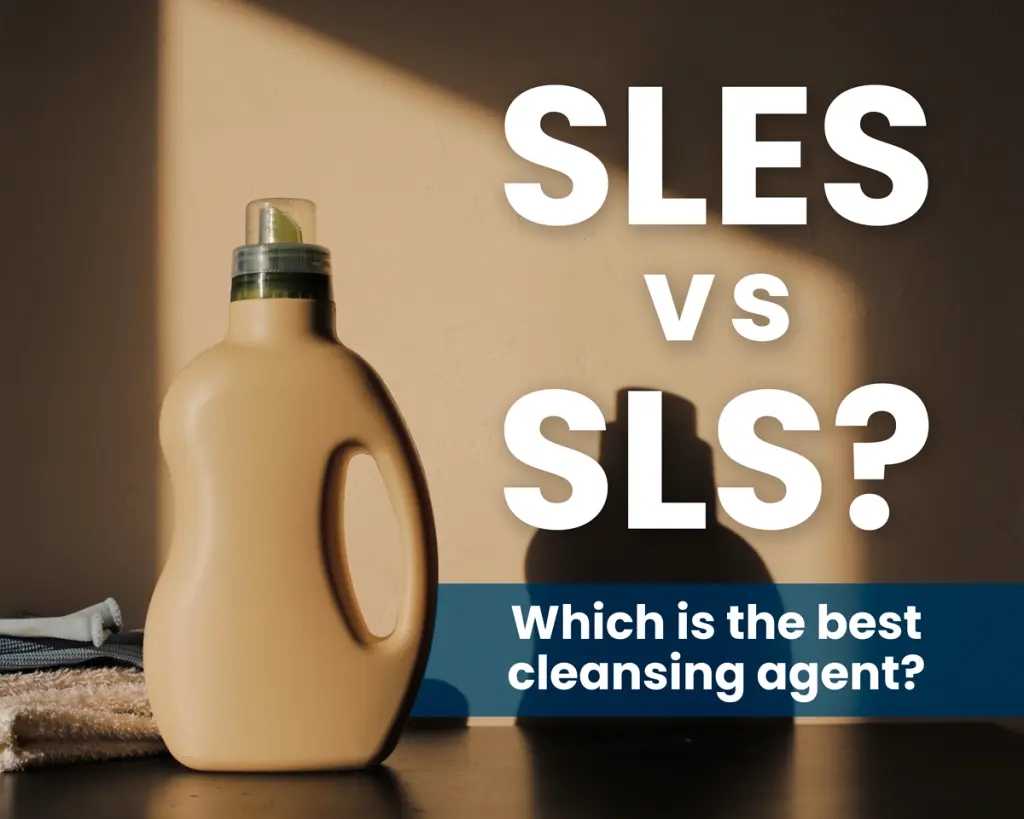Understanding SLES and SLS
Sodium Lauryl Ether Sulfate (SLES) and Sodium Lauryl Sulfate (SLS) are two commonly used surfactants in skincare and haircare products. These ingredients Sodium Lauryl Sulfate a crucial role in creating the cleansing and foaming properties associated with shampoos, body washes, and other personal care items.
SLES, also known as Sodium lauryl ether sulfate, is derived from coconut oil and ethylene oxide. It is a milder variation of SLS and is preferred by some manufacturers for its gentler nature. SLES contains an ethoxylation process that makes it less harsh and potentially less irritating than SLS.
On the other hand, sodium lauryl sulfate is a widely used surfactant due to its strong cleansing abilities. It is derived from petroleum and is known for its high foaming properties. SLS is an effective degreaser and is commonly used in household cleaning products as well.
Both SLES and SLS have similar chemical structures, consisting of a sulfate group attached to a hydrocarbon chain. However, the key difference lies in the number of ethylene oxide units attached to the hydrocarbon chain. Sodium lauryl ether sulfate typically has a higher number of ethylene oxide units, which contributes to its milder nature compared to sodium lauryl sulfate.
Despite their differences, SLES and SLS serve a similar purpose in skincare and haircare products to break down oils and dirt. This cleansing action is essential for removing impurities and maintaining the cleanliness of the skin and hair.
In recent years, there has been some worry about the potential negative impacts of SLES and SLS on the skin and hair. When using products containing these chemical compounds, some people, especially those with already-existent skin issues or sensitivities, may experience irritation, dryness, or sensitivity. It’s important to recognize that everyone can avoid negative consequences and that individual reactions might vary significantly.
Expert Opinions and Considerations
When it comes to choosing between SLES and SLS in skincare and haircare products, it’s important to consider the insights of experts in the field.
Dermatologists often recommend individuals with sensitive skin avoid or minimize the use of products that contain Sodium lauryl ether sulfate and SLS. They may suggest that are milder and less likely to irritate. However, not all individuals will react negatively to these ingredients, and many people can use products with both ingredients without experiencing any issues.
Haircare specialists focus on the effects of SLES and SLS on the hair and scalp. Some experts suggest that these surfactants can strip away the natural oils from the scalp and hair, leading to dryness and potential damage. However, others argue that the concentration of these ingredients in most haircare products is relatively low and does not cause significant harm when used in moderation.
Chemists who are experts in formulating skincare and haircare products. They work to strike a balance between effective cleansing and minimizing potential irritations. Their expertise in creating formulas that incorporate suitable concentrations of SLES and SLS, along with other ingredients can neutralize any potential negative effects.
Factors to consider when selecting skincare and haircare products
When it comes to selecting skincare and haircare products, it’s important to consider various factors to determine the best option for your individual needs.
Skin and Hair Type:
Different skin types, such as oily, dry, or sensitive, have varying needs. Similarly, hair types, like straight, curly, or chemically treated, require specific care. Understanding your skin and hair type is crucial in choosing the most suitable products. For example, individuals with dry or sensitive skin may benefit from products with milder surfactants, while those with oily skin may find SLS-containing products more effective in combating excess oil.
Personal Preferences and Sensitivities:
It’s essential to consider your personal preferences when choosing skincare and haircare products. Some people enjoy a rich lather and foam, while others prefer a gentler, less foamy experience. Additionally, if you have known sensitivities or allergies to certain ingredients, it’s important to read product labels carefully and avoid substances that may trigger negative reactions.
Pros and Cons of SLES:
SLES, being a milder form of surfactant, may be a preferred option for individuals with sensitive skin or those seeking gentler products. It can effectively remove dirt and oil while creating a luxurious lather. However, it’s important to be aware of potential dryness or irritation, especially for those with extremely sensitive skin.
Pros and Cons of SLS:
SLS is a highly effective cleanser and degreaser commonly used in many skincare and haircare products. It can efficiently remove dirt and oil, making it suitable for individuals with oily or normal skin. However, some people may find Sodium lauryl sulfate to be drying or irritating, particularly if they have sensitive or dry skin.
It’s important to note that while SLES and SLS have been scrutinized in recent years, the overall safety and suitability of these ingredients can vary depending on factors such as concentration, formulation, and individual tolerance. It’s also worth remembering that the efficacy of a skincare or haircare product relies on the entire formulation, not just the presence of a single ingredient.


Leave a Comment